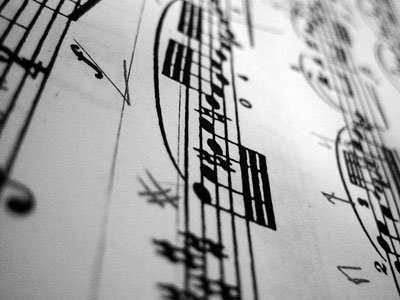All Nonfiction
- Bullying
- Books
- Academic
- Author Interviews
- Celebrity interviews
- College Articles
- College Essays
- Educator of the Year
- Heroes
- Interviews
- Memoir
- Personal Experience
- Sports
- Travel & Culture
All Opinions
- Bullying
- Current Events / Politics
- Discrimination
- Drugs / Alcohol / Smoking
- Entertainment / Celebrities
- Environment
- Love / Relationships
- Movies / Music / TV
- Pop Culture / Trends
- School / College
- Social Issues / Civics
- Spirituality / Religion
- Sports / Hobbies
All Hot Topics
- Bullying
- Community Service
- Environment
- Health
- Letters to the Editor
- Pride & Prejudice
- What Matters
- Back
Summer Guide
- Program Links
- Program Reviews
- Back
College Guide
- College Links
- College Reviews
- College Essays
- College Articles
- Back
Educator of the Century
“Kalokagathia has no English translation,” Mr. Paloucek told our sixth grade History class at St. Jerome Parish School.
He explained it as the beauty in all God’s creations; directly, it means beauty-goodness. That year, I began to hate myself for being smart. I began to hate myself for being short. I began to hate myself for being naive and innocent.
Mr. Paloucek’s class immersed me in the world of classical studies, and I never wanted to stop learning, although it made the stereotype of me being the ‘smart Asian’ even more true (and I hated that it did). Despite this external hatred, I didn’t change. From him, I began to understand that Greek word without a translation.
In Mr. Paloucek’s class, I was not only learning history, but I was also learning what it meant to be a human. The Romans didn’t have to make music, but it was a way they expressed the world’s joys. Without even knowing it, they demonstrated the meaning of kalokagathia. Six years ago, I learned that to be human meant I could create my own forms of beauty.
Mr. Paloucek and I formed a student-teacher bond because of our mutual love of Irish music. He is a fiddle player in an Irish band, and I was an Irish dancer. He played at our local pub every Thursday night, and my siblings and I danced to his tunes. I learned that unlike other animals, humans could dance. Mr. Paloucek taught me being human meant dancing and singing in pure bliss.
I had to say good-bye to Mr. Paloucek after sixth grade because I moved to a new school, but that gave me the opportunity to join the school band. Mr. Paloucek’s teachings of music’s sheer power brought me to learn the clarinet. A year prior, I had no idea that music was the beauty of my future. Now, I am a senior in high school preparing to attend college for music education. Beginning clarinet reminded me I can construct my own beauty. I could do what humans were put on this earth to do–to express the loveliness of being alive! I want to spread this amongst students as Mr. Paloucek did.
Shortly after I began seventh grade, his wife passed away due to cancer, and I attended his wife’s funeral. Throughout the service, he played his fiddle, but the songs were starkly different from his usual Irish drinking jigs. He was not playing from memory; he played from his heart. The vibrato, the octave jumps, and the tempo’s rising and falling seized the attention and galvanized a conduit that connected everyone’s hearts to his own.
Funerals seem robbed of all good; however, there was a twinkle of magic that came from his violin. His ability to create beauty in the good continued to thrive, even in his lower extreme. Although he said there isn’t an English equivalent, I believe that Mr. Paloucek is the definition of kalokagathia.

Similar Articles
JOIN THE DISCUSSION
This article has 0 comments.

I only had Mr. Paloucek for one school year, but I still remember how awesome his class was. I am currently a senior in high school and am planning on going to Carroll University for music education.